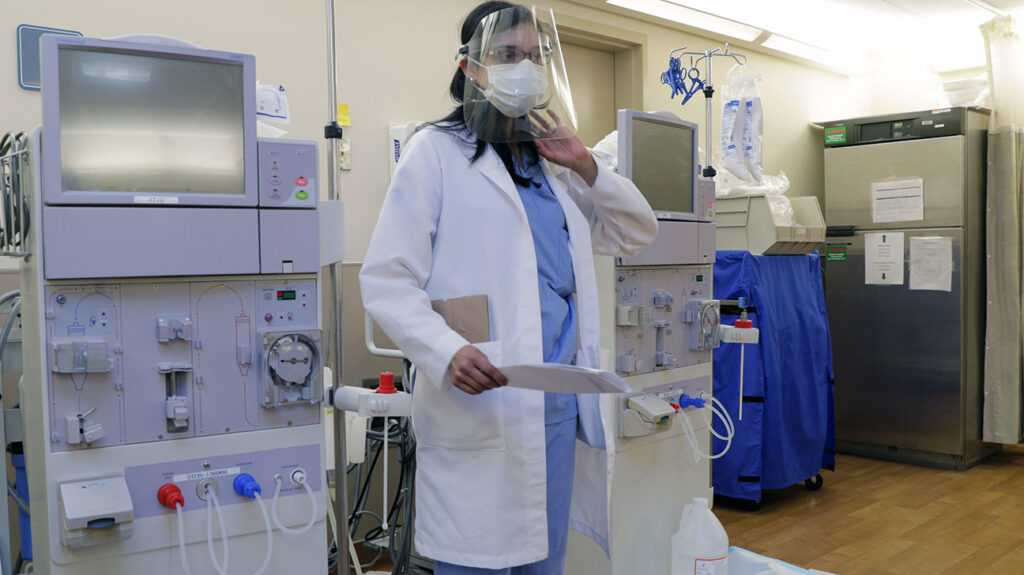COVID-19 and the kidneys: What we know so far
12 March, 2021

A large proportion of folks with COVID-19, particularly serious COVID-19, develop acute kidney injury (AKI). In this feature, we review the prevailing research on the links between COVID-19 and kidney health.
Just about the most studied serious complications associated with COVID-19 is acute respiratory distress syndrome (ARDS), which develops when someone is not getting enough oxygen. ARDS could be life threatening.
Predicated on recent research, about 30-40% of individuals hospitalized for COVID-19 develop ARDS, and near to 70% of fatal cases involve this complication.
However, as the pandemic continues, researchers are finding evidence that COVID-19 could cause a bunch of symptoms and lead to a number of different complications, not just ARDS. Among these is AKI, which can be referred to as acute renal failure.
In this Special Feature, Medical News Today explore what experts know so far about COVID-19 and AKI - like the outcome for folks with both of these conditions - and what they still should try to learn.
COVID-19 and kidney damage
When SARS-CoV-2 infects cells, the initial step is for the virus to add to angiotensin converting enzyme 2 (ACE-2) receptors.
These receptors sit in the cellular membranes of cells lining the kidneys, lungs, gastrointestinal tract, heart, and arteries. They help moderate blood circulation pressure by regulating degrees of angiotensin, a protein that raises blood pressure by constricting blood vessels.
Some research shows that SARS-CoV-2 may be more likely to focus on the kidneys than other parts of the body because ACE-2 expression is quite saturated in the cells lining the proximal tubule. The proximal tubule is a significant segment of the kidney in charge of the bulk of the reabsorption of water and nutrients from the blood.
Once SARS-CoV-2 enters kidney cells, it begins to replicate using the cell’s machinery. Cells often sustain damage in this process.
The disease fighting capability also sparks an inflammatory response once it recognizes the invading viral particles. This response can inadvertently cause further harm to healthy tissue.
AKI occurs when kidney damage is serious enough that the organ can't filter the blood properly. This impairment causes waste products to build up in the blood, which makes it harder for the kidneys to work and keep maintaining the body’s fluid balance.
After some concerns over whether remdesivir, a drug that doctors use to take care of COVID-19, could cause AKI, the European Medicines Agency (EMA) recently found no evidence of a link.
Some persons with AKI might not exactly have any symptoms at all. However, others may experience the symptoms such as for example reduced urine output, unexplained exhaustion, and swelling around the eyes and in the ankles and legs.
In serious or untreated cases, AKI can cause organ failure, which can lead to seizures, coma, and even death.
Source: www.medicalnewstoday.com
